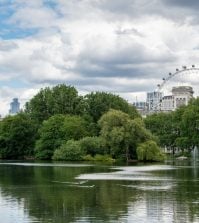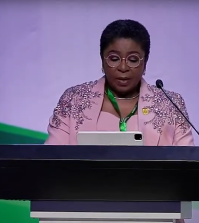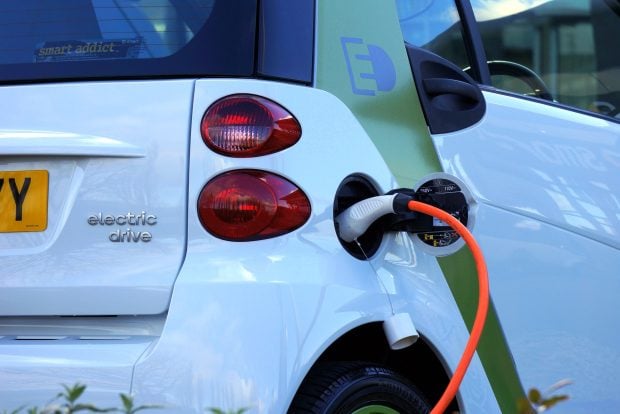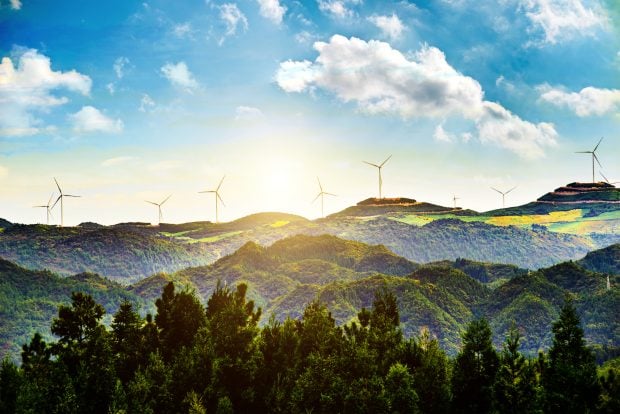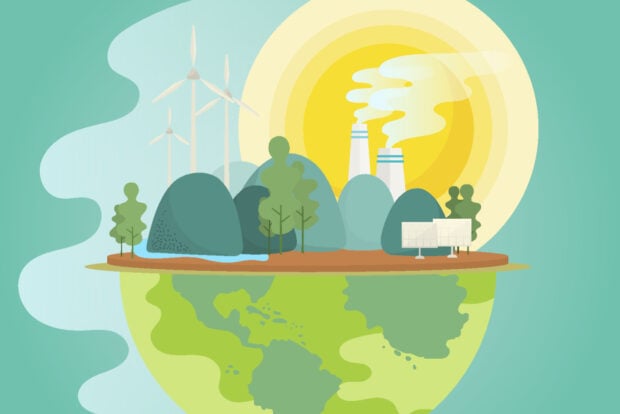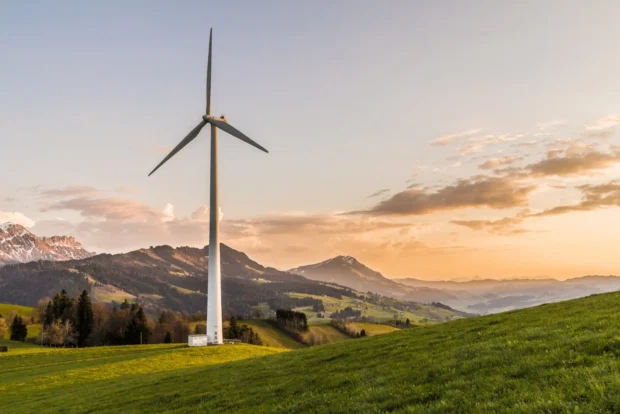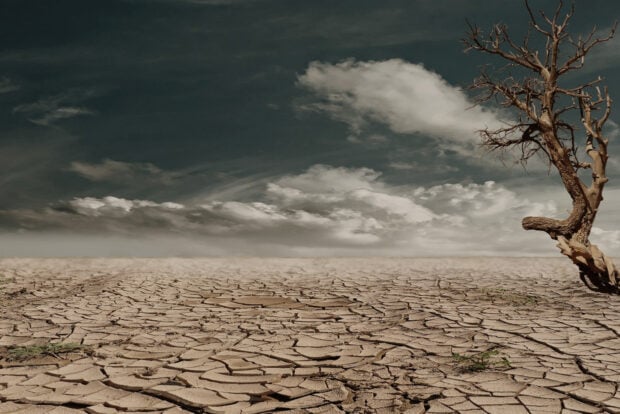COP30 president calls for new governance mechanisms in climate change fight

New climate governance mechanisms are needed if countries are to meet their Paris Agreement commitments, the COP30 president has said.
In a letter published last week, André Aranha Corrêa do Lago said that “it is high time we started reflecting on how to strengthen global governance to exponentially accelerate implementation”.
The diplomat, who is currently serving as Brazil’s environment secretary and who will oversee COP30 in Belém in November, said efforts to curb global warming were “fragmented” and called on the international community to investigate how climate cooperation could be better equipped to drive change.
The UN Framework Convention on Climate Change (UNFCCC) and the Paris Agreement “don’t have the strength or mandate to take this forward”, he told a press conference last week.
Read more: Current climate policy ‘doomed to fail’, says former UK PM Tony Blair
He suggested in his letter that the UN General Assembly could have a role to play.
“Leaving behind old bureaucratic models that impair speed and scale, debates at the UN General Assembly could explore innovative governance approaches to endow international cooperation with capabilities for rapid sharing of data, knowledge and intelligence,” he said.
He highlighted that 2024 was the warmest year on record and said that though the world faces “serious” geopolitical and socioeconomic challenges, climate cooperation was “no less imperative”.
“Navigating uncertainties, [leaders] need to look ahead to anticipate and implement governance that is sustainable in the longer-term, capable of constant evolution and experimentation.”
Read more: Paris Agreement goals out of reach unless top emitters step up, study warns
UN climate change council proposed
Lago’s comments follow those made by Brazilian president Luiz Inácio Lula da Silva during last year’s G20 meeting, in which he proposed creating a ‘United Nations climate change council’ to help countries implement their climate commitments.
“There’s no point in negotiating new commitments if we don’t have an effective mechanism to accelerate the implementation of the Paris Agreement. We need stronger climate governance,” Lula said.
COP30 marks the 10th anniversary of the Paris Accord, when signatories agreed to limit global warming to well below 2 degrees Celsius from pre-industrial levels. Nations have so far committed to plans that would limit warming to between 2.6 and 3.1 degrees Celsius, though many are struggling to meet their targets.
Read more: Integrate mission governance into climate policy, says OECD




